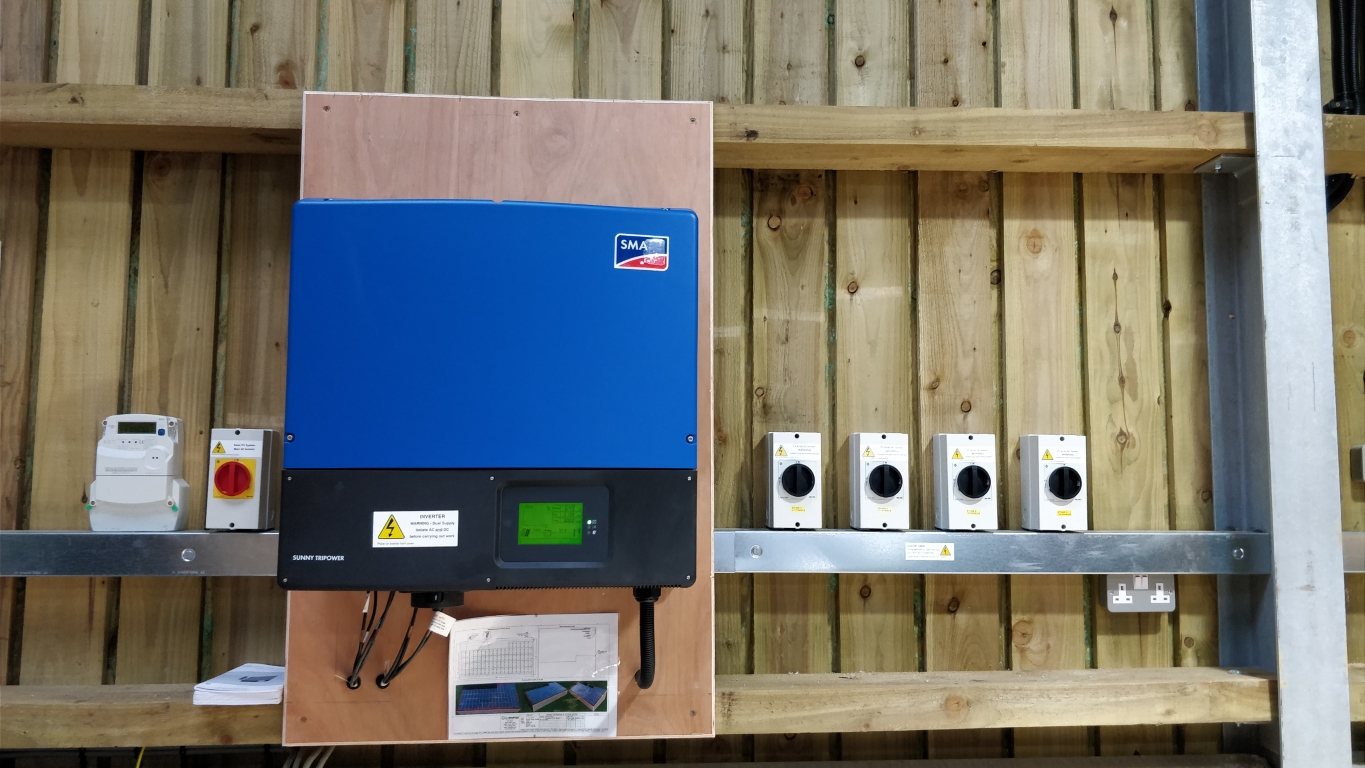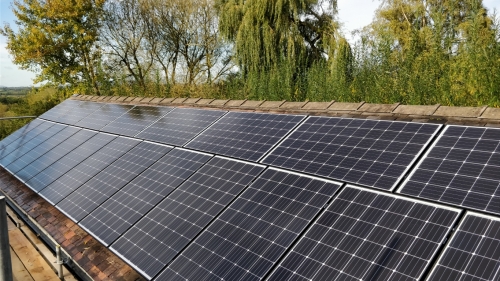Even though the initial investment in solar panels can be quite high, a reliable solar system can keep your electricity bills low for about 30 years and with minimal maintenance or repairs. After all, some of the main parts of the solar panel system come with a twenty-year warranty. Therefore, you should never have to worry about major repairs.
However, there are numerous maintenance tasks that you can undertake, either annually, quarterly, or monthly to ensure that your system will always be functioning at its best. After all, a well-maintained solar system should not fail you when you need it. So here are some unique solar panels maintenance tips that you can do:
Maintenance of solar panels
1. Clean the solar panels and get rid of debris
The UK’s ample rainfall will help with this task, but in dry periods, your panels can accumulate some dust that can reduce the system’s generating capacity. Other than dust, the panels can also be affected by factory fumes accumulation, pollen, and bird droppings. If you live near a busy road, your panel can also be affected by the dirt from the fumes and dust.
Ground-mounted panels are quite easy to clean due to their low height; however, they are more prone to dirt than the ones on a roof. So here are some of the tools for cleaning panels that are highly recommended by Your Energy Blog:
- Low-pressure hosepipe
- Non-abrasive sponge
- Non-abrasive broom
- Leaf blower
How to clean solar panel
You don’t need a wide range of specialist tools for this task, depending on the condition of your panels. But to clean dusty panels, you should do the following:
- Read the manufacturer’s instructions on how to turn the system off and isolate the panels on the DC side. Isoenergy always fits DC isolators which will be located near your inverter. Switch the system off to avoid damage and short-circuiting.
- Get rid of the debris using a non-abrasive broom and pick up any leaves if within your reach.
- Spray the panels with soft and lukewarm water as cold water can damage the cells, while the hot water can leave some white residue that can affect the system’s output.
- Clean it using a non-abrasive sponge.
Some of the essential tips for washing your panels include:
- Avoid using detergent.
- Hard water can leave some deposits that will affect the efficiency of your system.
- Avoid cold or hot water.
- Avoid scouring sponge or abrasive brushes.
- Consider using a leaf blower to remove debris.
- If your panels are installed on an inaccessible roof, then you can hire a cleaning company to help you out. After all, reducing your utility bills doesn’t mean that you have to put yourself in danger while washing the panels.
2. Check connections and tighten fittings
You should always ensure that the nuts, joints, and bolts are intact for safety. You should also check all panel connections are secure. Make sure you keep your eye on the inverter output readings that can help you identify all the faults. If the production rate drops drastically, there could be something wrong with your panel connections. Any disconnected or loose wires can lower your system’s output or cut it out completely. Other than affecting your system, they can also pose a hazard. So make sure that the system’s cables are not in contact with anything that can conduct electricity. Any reconnections of loose cables should be done with the system turned off.
3. Keep solar panels out of shade
Solar panels have a warranty of about 20 years; therefore, they are meant to serve you for a very long time. Unfortunately, our surroundings tend to change with time, including taller buildings being erected near our homes and trees growing around the house. In some cases this can keep your panels away from sunlight during certain times of the day. Therefore, you should always monitor the height of the trees near the house, and if your neighbour builds a taller building, then it might mean that you want to relocate the panels to a better place where they can get exposed to sunlight all day long.
4. Monitor the numerous components of the solar panel system
 Solar systems are made up of numerous components, including power meters, cables, regulators and panels which have to work in tandem to harness solar energy. Therefore, you should always monitor each component to ensure that it’s working perfectly. After all, the cost of replacing any component can delay the payback of the system.
Solar systems are made up of numerous components, including power meters, cables, regulators and panels which have to work in tandem to harness solar energy. Therefore, you should always monitor each component to ensure that it’s working perfectly. After all, the cost of replacing any component can delay the payback of the system.
The solar inverter tends to switch to fault mode when the system is faulty. And this can prevent any more damage to your system. The air inlets must be cleaned annually for them to function properly. The life span of some solar inverters may be less that of your panels, so you may have to replace it sooner than the panels.
Final Thoughts
Proper maintenance of your solar panel system is important, especially if you need your system to function perfectly to maximise generation. So make sure your solar panels are cleaned at least once per year, but make sure you remove the debris as often as required. Another maintenance routine that you can do is ensuring that every part of the system is tightly locked in place. And make sure it gets direct exposure to sunlight throughout the day.
If you have a problem with your solar panel array, isoenergy service engineers can help. Get in touch or call us on 01293 821 345 for more information.
